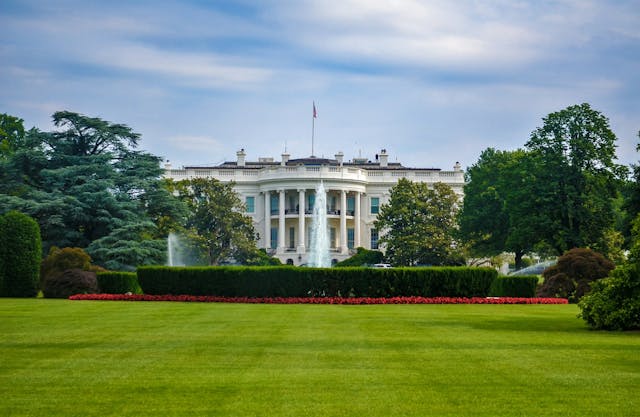Calif. Supreme Court Rules Against Required Lunch Breaks

A California Supreme Court ruling today found than employers are under no obligation to ensure an employee takes meal breaks. The decision was found in Brinker Restaurant Corp. v. Superior Court of San Diego. Brinker International, Inc. owns and franchises restaurant chain brands including Chili's Bar & Grill and Maggiano's Little Italy.
"Today the California Supreme Court defined key aspects of California's meal and rest period laws - especially, that employers need not force their employees to take meal periods they would prefer to skip," said Rex Heinke, Partner at Akin, Gump, Strauss, Hauer & Feld and Brinker's lead attorney before the California Supreme Court.
Under current California law, Section 512 of the Labor Code, businesses are obligated to provide a 30 minute uninterrupted break to employees working more than five hours a day, where they are free to leave the premises and relieved of all duty for the duration of the break.
The court found an employee is free to work through their break and an employer is not liable for paying a premium wage. They are liable for regular pay only if the employer "knew or reasonably should have known that the worker was working through the authorized meal period."
“This is huge for small businesses across the state, from mom and pop restaurants to doctor offices to construction companies,” saidRepublican Minority Whip Assemblyman Dan Logue in a statement today. “Small businesses have been held hostage by California’s strict meal and rest break laws for years and this will bring tremendous relief as our economy begins to emerge from the recession.”
There have been numerous class-action lawsuits over violations of work break statutes in the past, including groups filing damages against Wal-Mart and Target. In 2010, Wal-Mart settled a class-action suit over meal breaks and rest periods for $75 million.
Today's decision is considered a landmark as it answers meal break labor law questions that have left other class action suits in limbo, due to what Robert Roginson, management lawyer and partner with the firm of Atkinson, Andelson, Loya, Ruud & Romo, says is ambiguous language in California's Labor Code.
“The ebb and flow of business in dining establishments is contingent upon customer volume at a given time. Providing oversight to each and every employee’s meal-and-rest break would have been a huge challenge for employers all over California,” Roginson said in a statement. “This ruling strikes the right balance, ensuring employees are guaranteed meal breaks, while still giving them the flexibility to work when they have the greatest potential for commissions or tips.”
Following today's ruling, Reuters reports the original class action suit, Hohnbaum v. Brinker Restaurant Corporation, may still proceed in part. Originally filed in 2004, the suit was on behalf of approximately 60,000 hourly employees.
Tracee Lorens, a lawyer for the plaintiffs, welcomed the opinion as a win for low-wage workers across the state."We never argued employers had to police breaks. We just argued that they had an affirmative obligation to relieve the employees of duty so that they could take their lunch break if they wanted to," she said.



